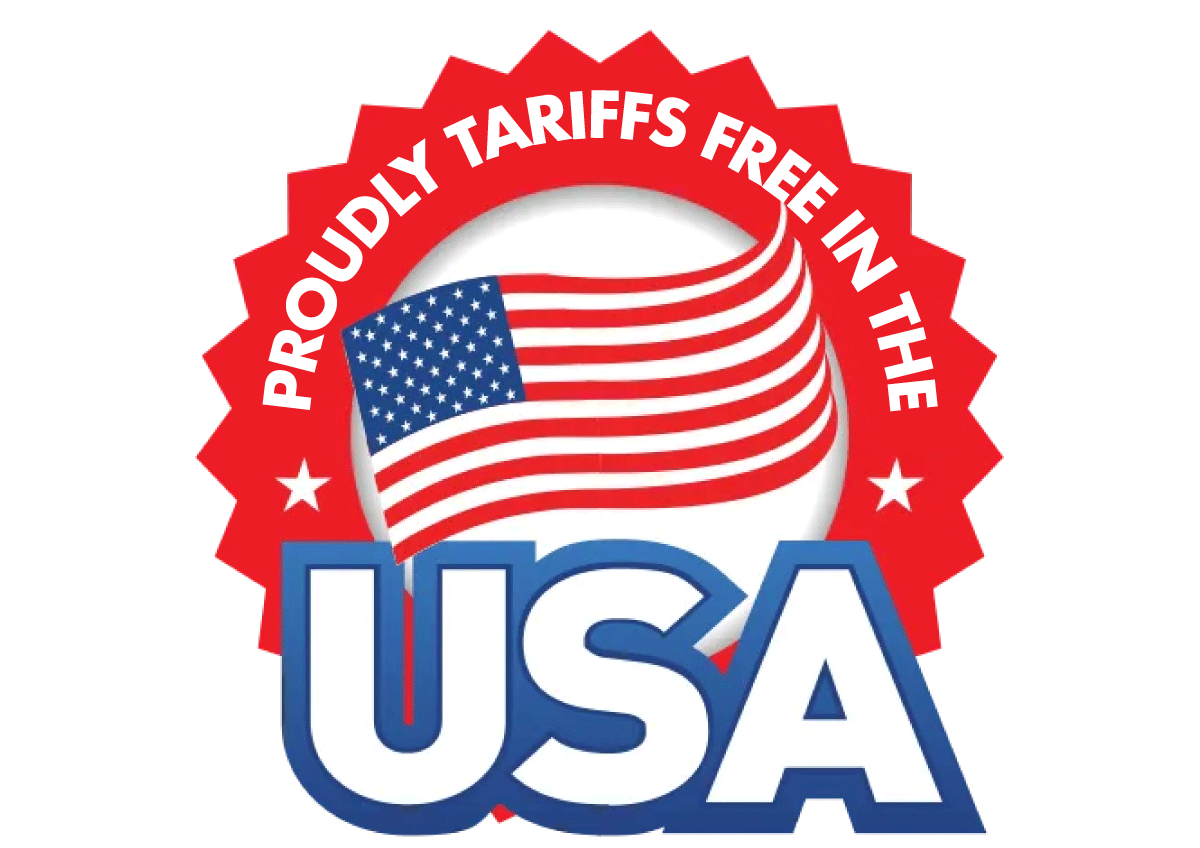World's best camera stabilizer, Basson Steady shipping confirmation to Mudville Dubai
- Pablo Plaul
- Apr 3, 2019
- 3 min read
Updated: May 25, 2025
Taken from Mudville Dubai blog.
Today we got confirmation on our tracking number for our speacilist steadi system, its basically a camera stabilizer on steroids with a gyro head, it allows us to setup quickly, move between the shots and the best thing it works with our EpicM and EpicX.
Its take us more then a year to decide on the best rig for our company and we are happy to say it will be here next week sometime. We invite all to come an view and can't wait to have it on set.
email: bassonsteady@gmail.com








All brand names, models, trademarks, and registered trademarks mentioned in this description are property of their legal owners and are being used here only for description.
Basson Steady camera stabilizers in U.S.A (United States)
For more information or for specific requests, please contact our customer service:
Miami U.S.A: +1 (305) 83-44752
Tel / whatsapp: + (54911) 44726757
(Monday to Friday from 10.00 to 17.00 (U.S.A eastern time)
email: bassonsteady@gmail.com
LEGAL NOTICE: Do not be confused, we are Basson Steady Camera Stabilizers, manufacturers of all kind of camera stabilizers, specially dedicated to manufacture and design wearable camera stabilizer, hybrid and mechanic, as well as gimbals, rotary heads, handheld stabilizers and more.
All the camera stabilizers we sell in our website have our own brand name Basson Steady on it, and we do not sell our camera stabilizers with any other competitor brand name or logo, so if you are looking for any other brand of manufacturer you must go to their own website.
The use of a mentioned trademark brand names to describe our goods or services is known as 'nominative fair use' this is a non-infringing use, this brand names are mentioned neither to create confusion, nor to disparaging the trademarked product. It is also permitted to use a trademark as a means for comparison.
Comparative advertising it is also allowed, since it benefits consumers by providing several options and encouraging competition. It is also allowed the use of similar words associated to registered brand names or products mentioned in this website that have become generic with the years due to their name's widespread popularity, it is a non-infringing use.
These are uses that inform, educate, or express opinions protected under the First Amendment of the United States Constitution, freedom of speech and of the press.
By law, you need not request permission to use a trademark belonging to another if it is for an editorial or informational use. Trademark "ownership" is not absolute, you can use a trademark belonging to another person or company if you use the mark for: informational or editorial purposes to identify specific products and services, or if your use is part of an accurate comparative product statement. In other words, the use of a trademark does not necessarily qualify as an infringement if the user is not actually using the trademark as a mark.
Informational Uses of a Trademark Are Permissible Informational (or “editorial”) uses of a trademark do not require permission from its owner.
Finally, you are also permitted to use trademarks for purposes of parody or commentary without fearing a claim of trademark infringement.
Using Trademarks for Comparison Under trademark law you are generally permitted to use a trademark as a means for comparison. For example, you could create a newspaper advertisement that incorporates your mark and your competitors' marks in order to describe a difference between the companies.
A trademark does not mean, however, that no one else can use your word, phrase, or symbol in connection with any and all goods and services. In an effort to promote competition and fair use, the Federal Trade Commission carved an exception to the general rule protecting trademark owners.
Necessary use of a third-party trademark to describe your goods or services is known as 'nominative fair use' this is a non-infringing use where there is no likelihood of confusion.
The fair use doctrine allows a competitor to use a trademarked product name without permission if the use is not likely to create confusion. Nominative use occurs when a business must use a trademarked product name to identify the trademark owner's product. The Federal Trade Commission encourages companies to use comparative advertising, since it benefits consumers by providing several options and encouraging competition.
According to the Federal Trade commission, companies can use a trademark owner's product name for comparative advertising purposes, as long as the competitor is not disparaging the trademarked product or its owner and can substantiate its claim.






Comments